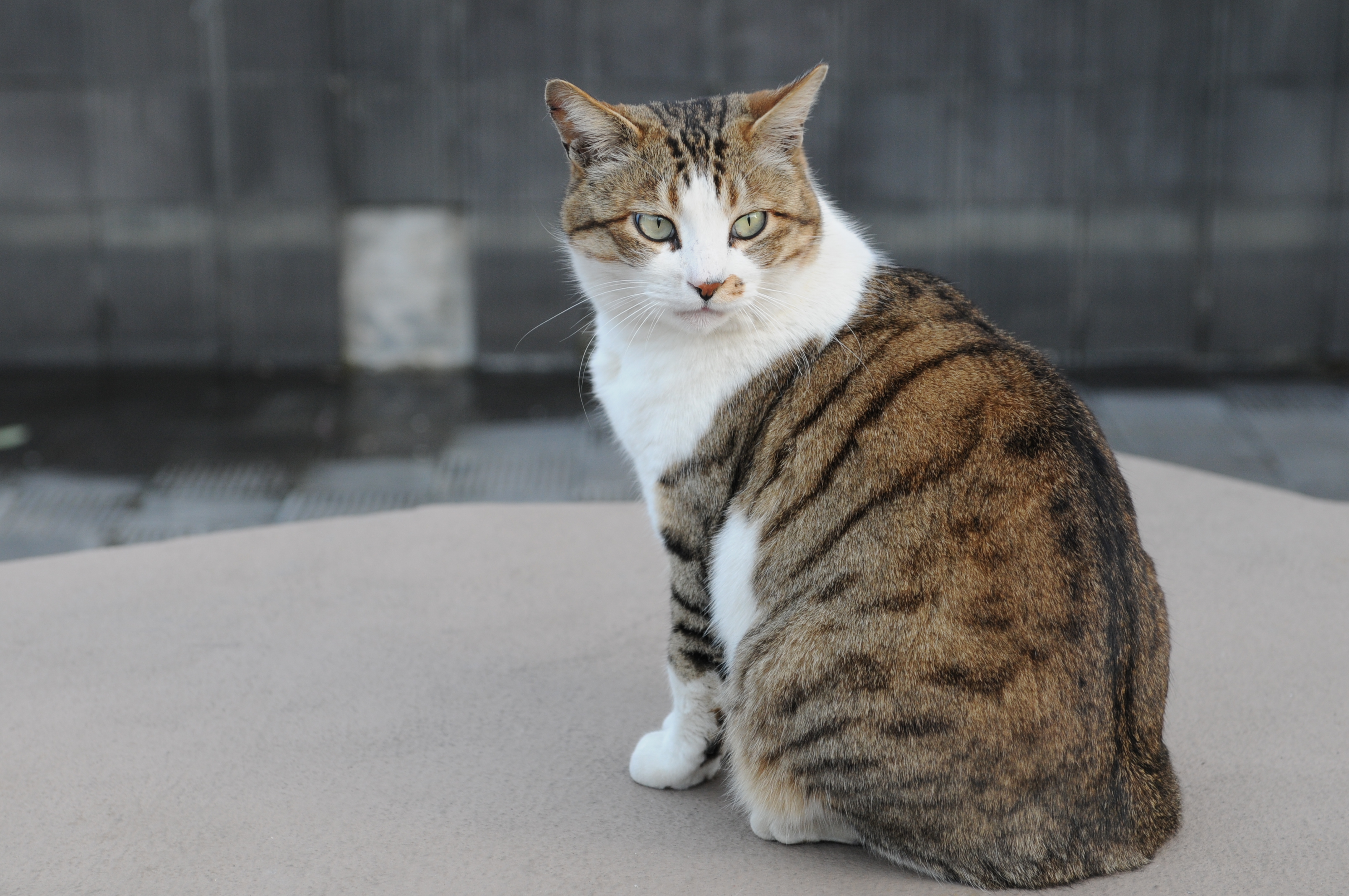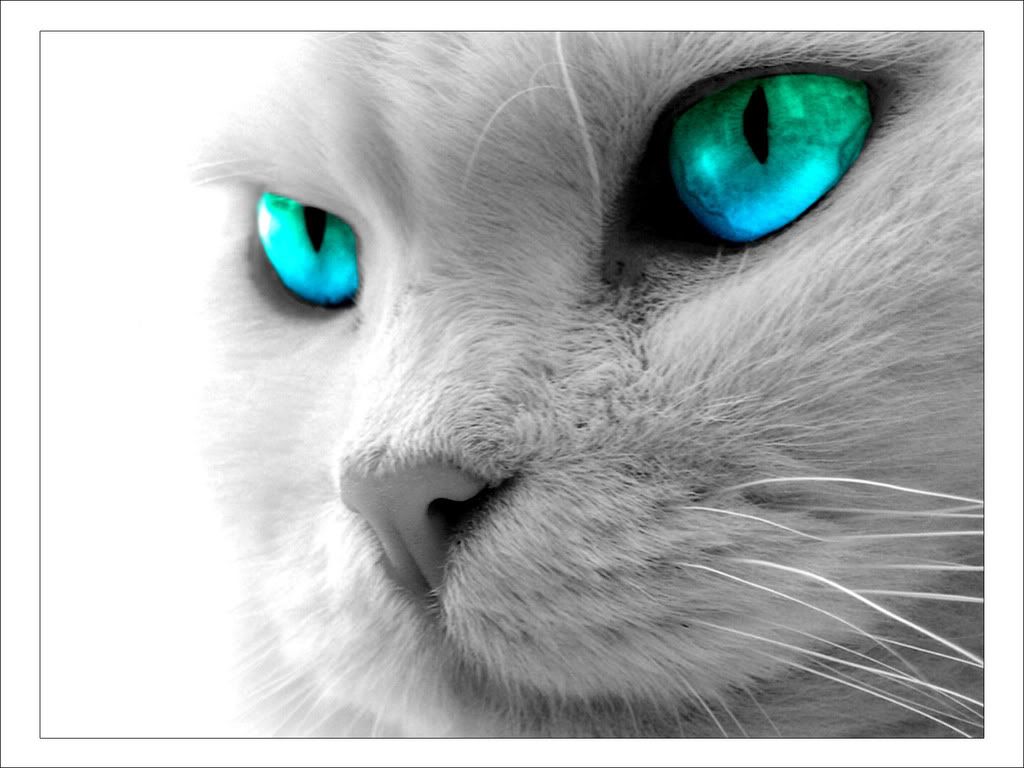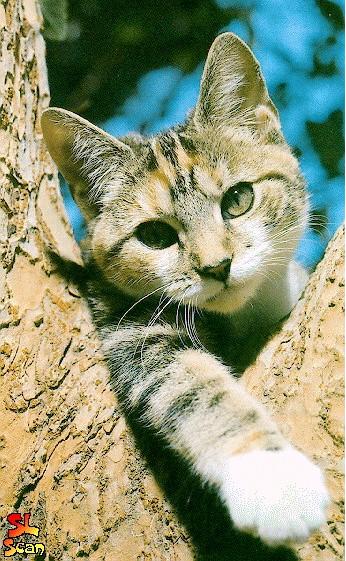If anyone one is ever in need of medicine cat herbs, here are all of the herbs!
Medicine Cat Herbs
Borage Leaves - To be chewed and eaten. The plant can be distinguished by its small blue or pink star-shaped flowers and hairy leaves. Great for nursing queens as it helps increase their supply of milk. It also brings down fever.
Burdock Root - A tall-stemmed, sharp-smelling thistle with dark leaves. A medicine cat must dig up the roots, wash off the dirt, and chew them into a pulp, which can be applied to rat bites. It also cures infection.
Catmint (catnip) - A delicious-smelling, leafy plant that is hard to find in the wild: often found growing in Twoleg gardens. It is the best remedy for greencough.
Chervil - A sweet-smelling plant with large, spreading, fernlike leaves and small white flowers. The juice of the leaves can be used for infected wounds, and chewing the roots helps with bellyache.
Cobweb - Spiderwebs can be found all over the forest; be careful not to bring along the spider when you take the web! Medicine cats wrap it around an injury to soak up the blood and keeps the wound clean. Its main use is to stop bleeding.
Coltsfoot - A flowering plant, a bit like a dandelion, with yellow or white flowers. The leaves can be chewed into a pulp, which is eaten to help shortness of breath.
Comfrey - Identifiable by its large leaves and small bell-shaped flowers, which can be pink, white, or purple. The fat, black roots of this plant can be chewed into a poultice to mend broken bones and soothe wounds.
Dock - A plant similar to sorrel. The leaf can be chewed up and applied to soothe scratches.
Dried Oak Leaf - Collected in the autumn and stored in a dry place. It is used to stop infection.
Feverfew - A small bush with flowers like daisies. The leaves can be eaten to cool down body temperature, particularly with cats with fever or chills.
Goldenrod - A tall plant with bright yellow flowers. a poultice of this is great for healing wounds.
Honey - A sweet, golden liquid created by bees. Difficult to collect without being stung, but great for soothing infections or the throats of cats who have breathed smoke.
Horsetail - A tall plant with bristly stems that grows in marshy areas. The leaves can be used to treat infected wounds. Usually chewed up and applied as a poultice.
Juniper Berries - A bush with spiky, dark green leaves and purple berries. The berries soothe bellyaches and help cats who are having trouble breathing.
Lavender - A small purple flowering plant. It is good for curing fever.
Marigold - A bright orange or yellow flower that grows low to the ground. The petals or leaves can be chewed up into a pulp and applied as a poultice to wounds. It also stops infection.
Mouse Bile - A bad-smelling liquid that is the only remedy for ticks. Dab a little bit of moss soaked in bile on a tick and it'll fall right off. Be sure to wash your paws thoroughly in running water afterwards.
Poppy Seed - Small, black seeds shaken from a dried poppy flower, these are fed to cats to help them sleep. It soothes cats suffering from shock and distress. It is not recommended for nursing queens.
Stinging Nettle - The spiny, green seeds can be administered to a cat who's swallowed poison, while the leaves can be applied to a wound to bring down swelling.
Tansy - A strong-smelling plant with round, yellow flowers. It is good for curing coughs, but it must be eaten it small doses.
Thyme - This herb can be eaten to calm anxiety and frayed nerves.
Watermint - A leafy, green plant found in streams or damp earth. It is usually chewed into a pulp and then fed to a cat suffering bellyache.
Wild Garlic - Rolling in a patch of wild garlic can help prevent infection, especially for dangerous wounds like rat bites.
Yarrow - A flowering plant whose leaves can be made into a poultice and applied to wounds or scratches to expel poison. It is also used to clean the interior of a cat from poison.
Monday, February 1, 2010
Subscribe to:
Post Comments (Atom)















Mmmm..I'd eat honey any day! *licks mouth*
ReplyDeleteMaybe later... When you get a mentor, he/she will find a beehive and you can have some honey... :)
ReplyDeleteOh goodie! *rolls around and giggles hysterically at the thought of honey*
ReplyDelete~Shimmerkit